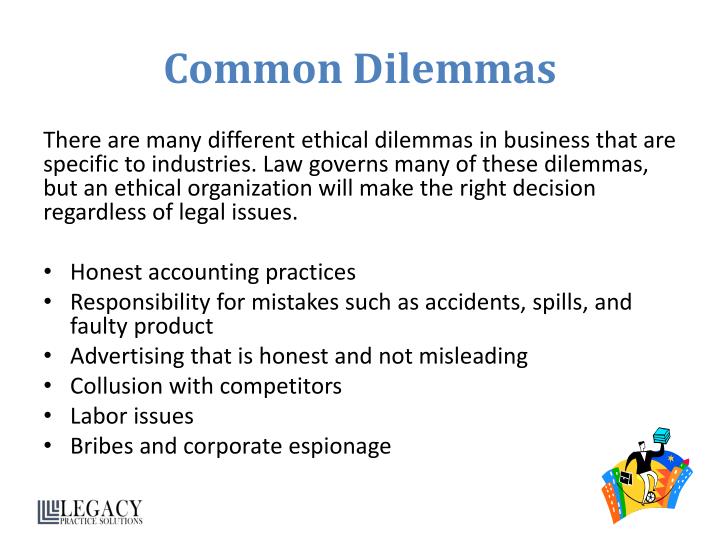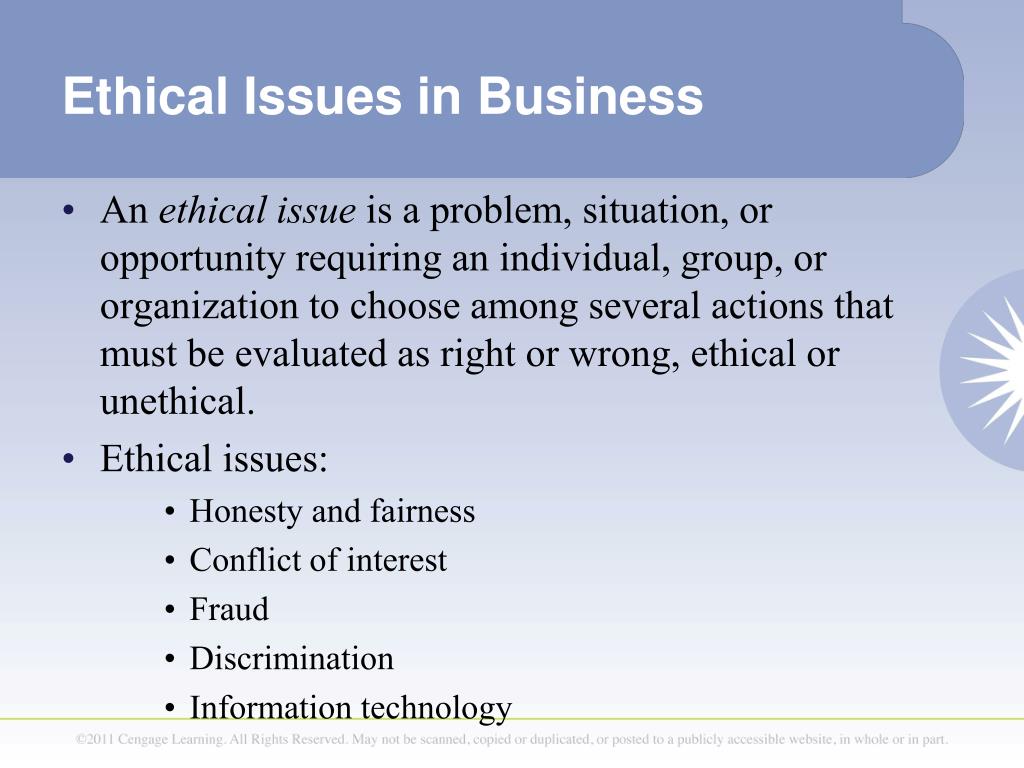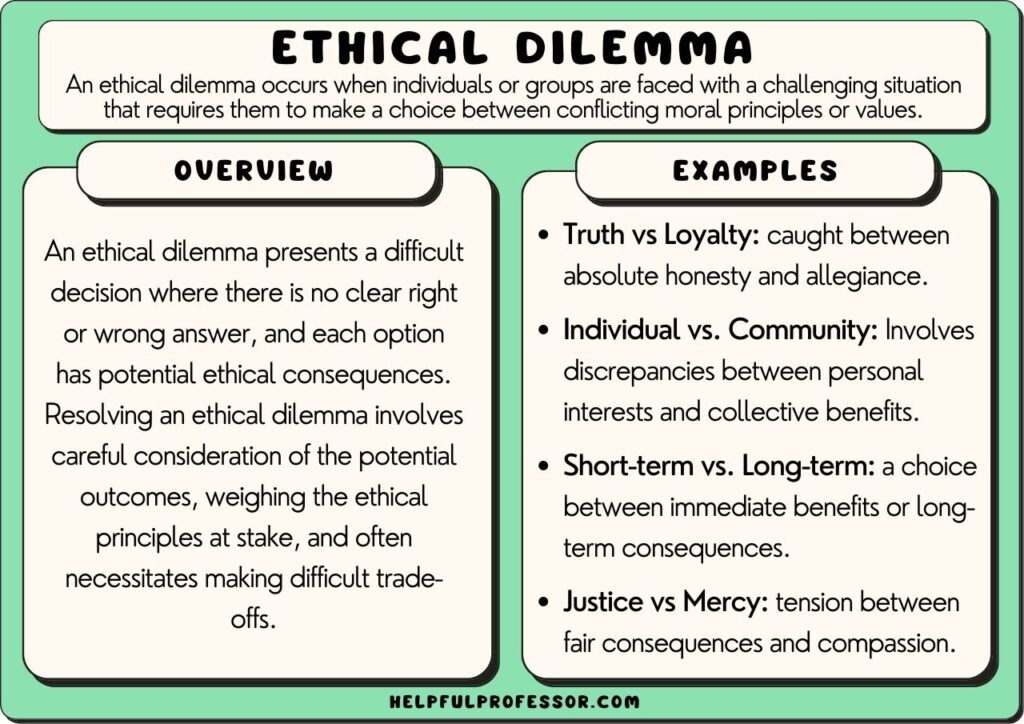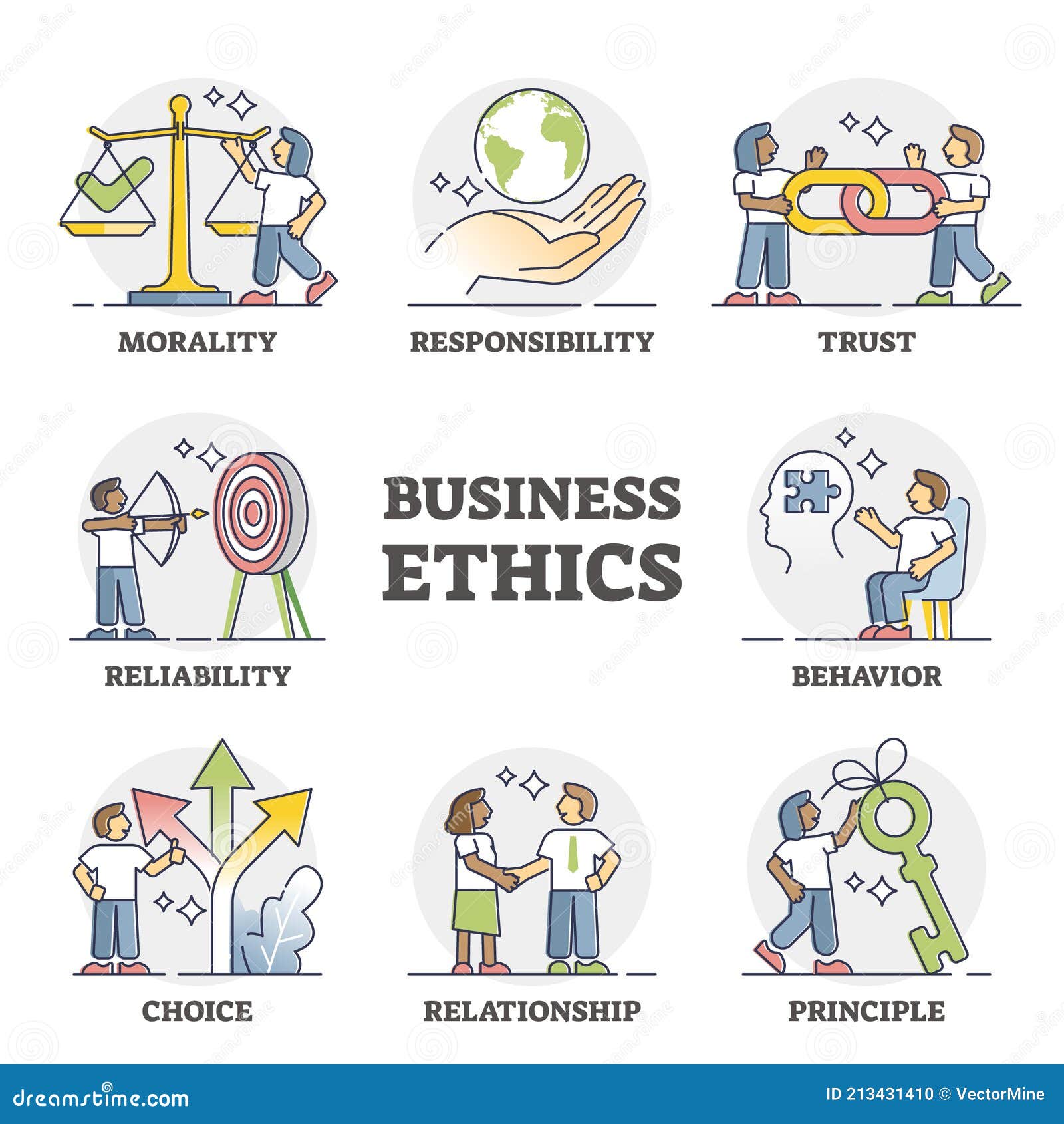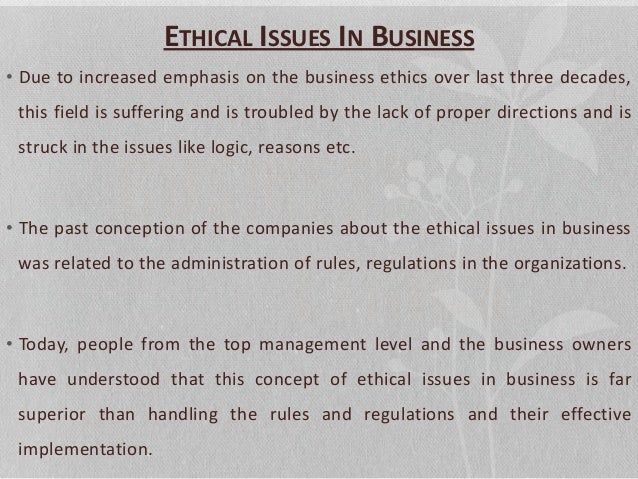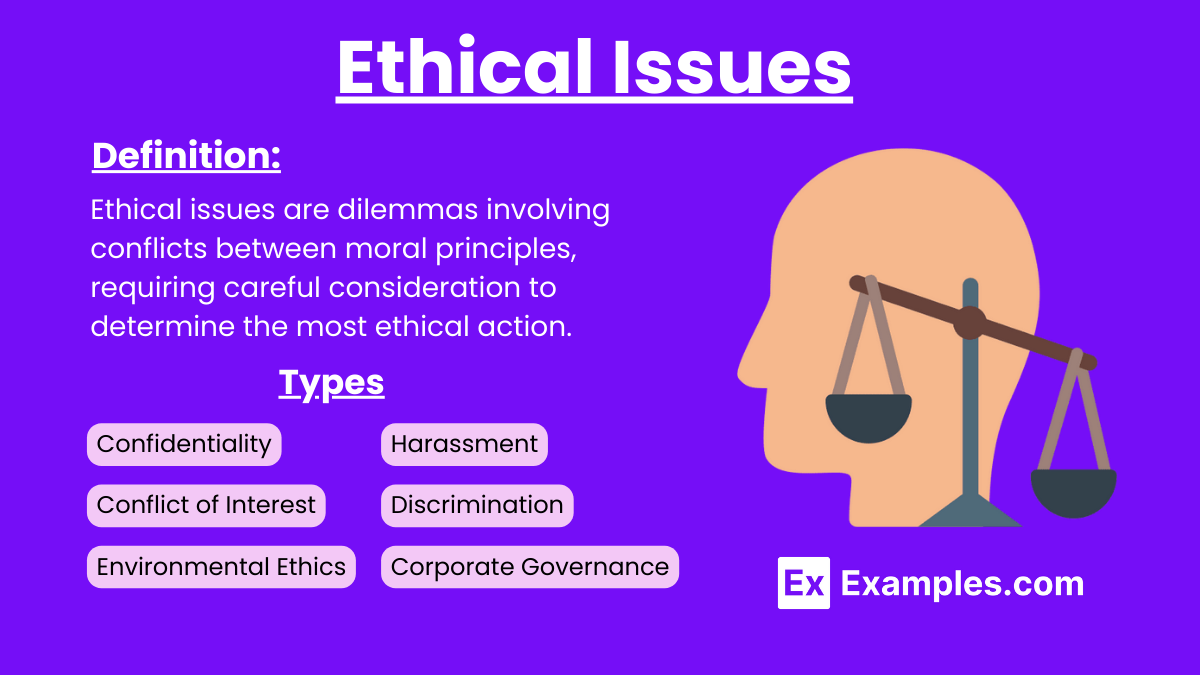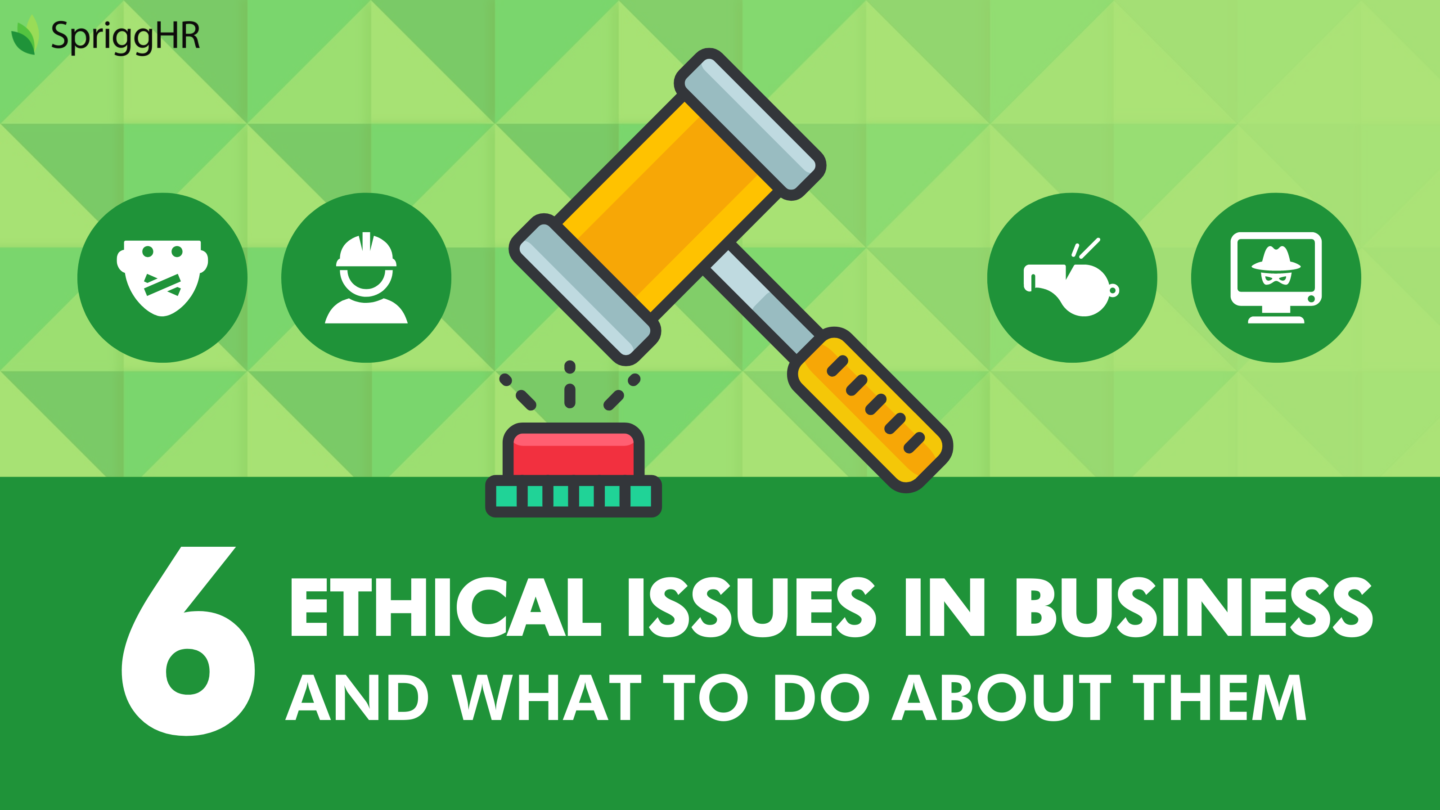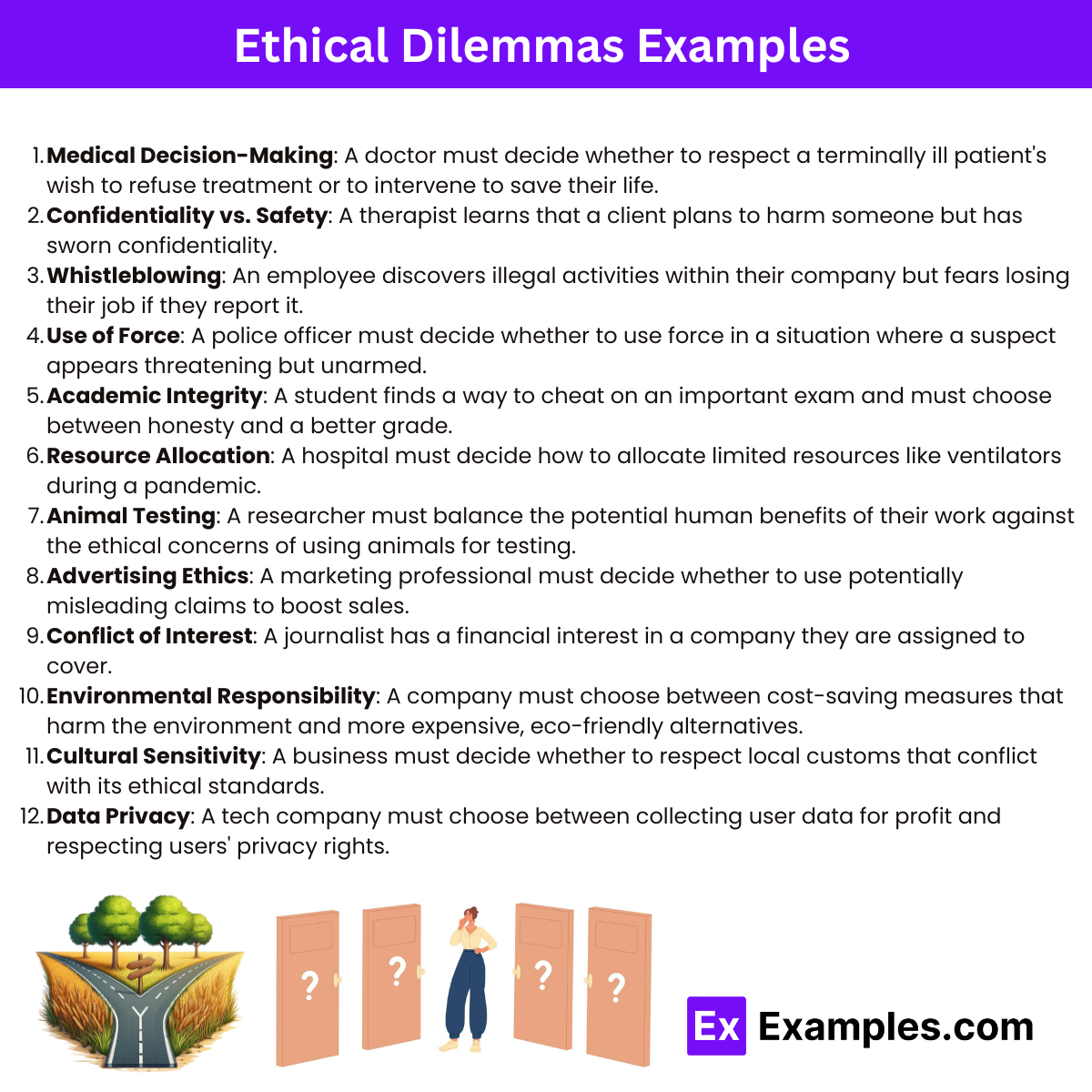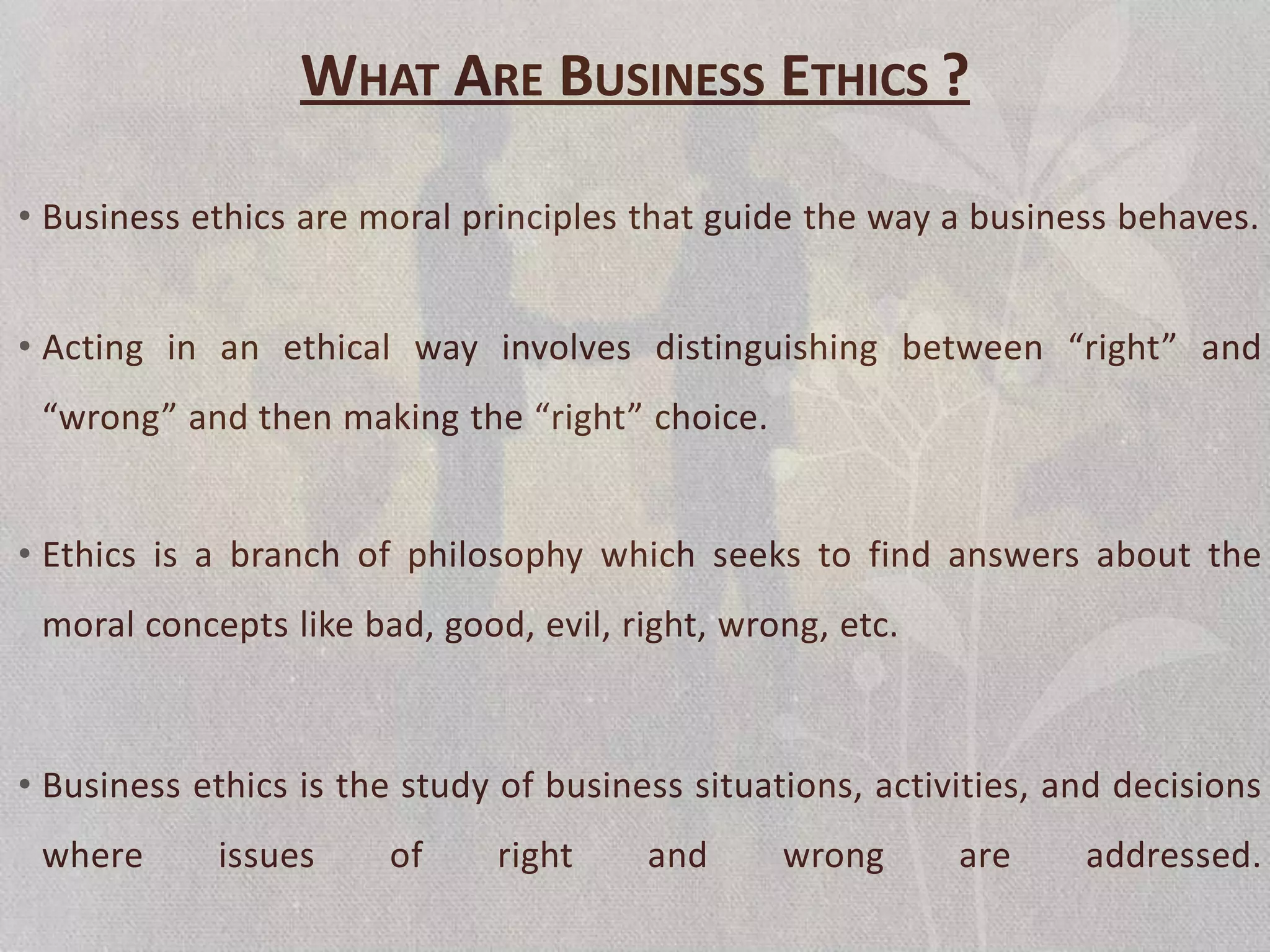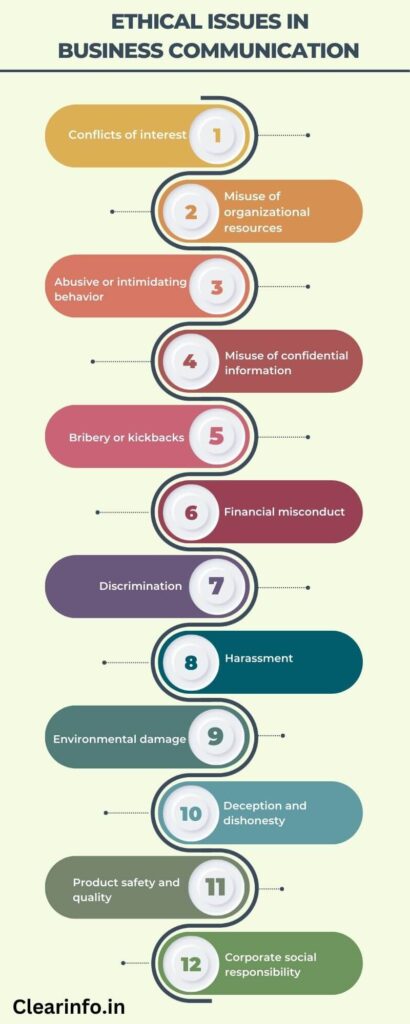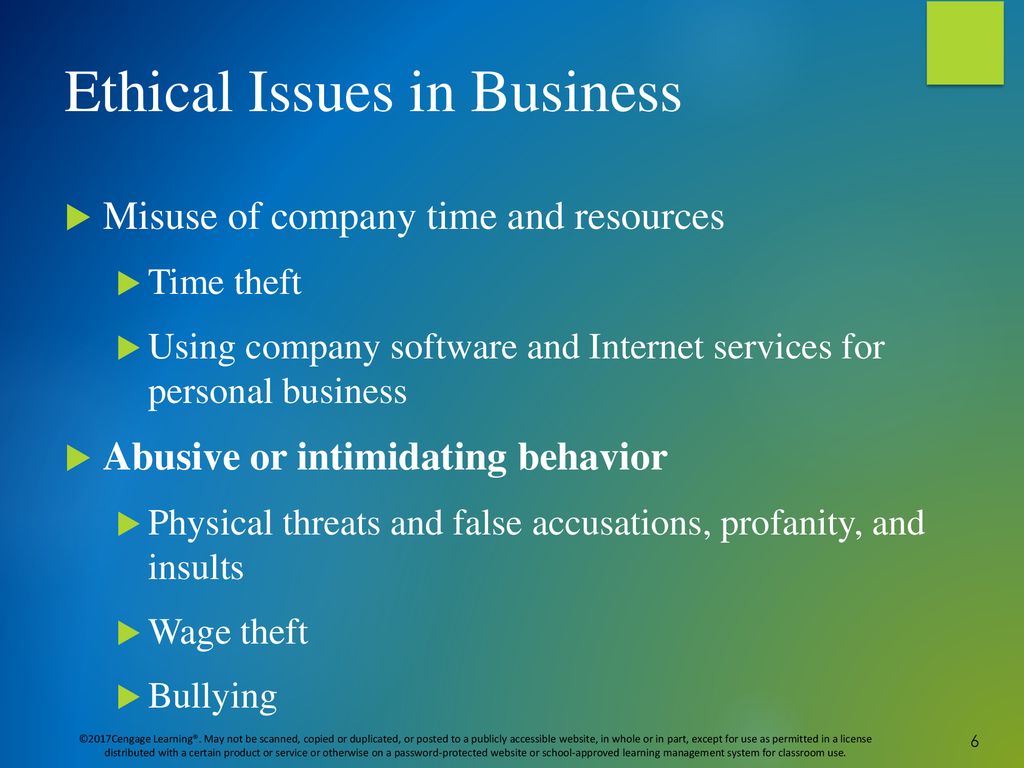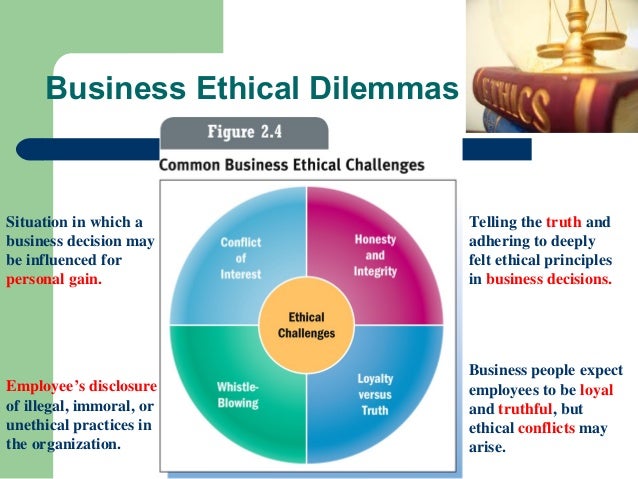Examples Of Ethical Issues In Business
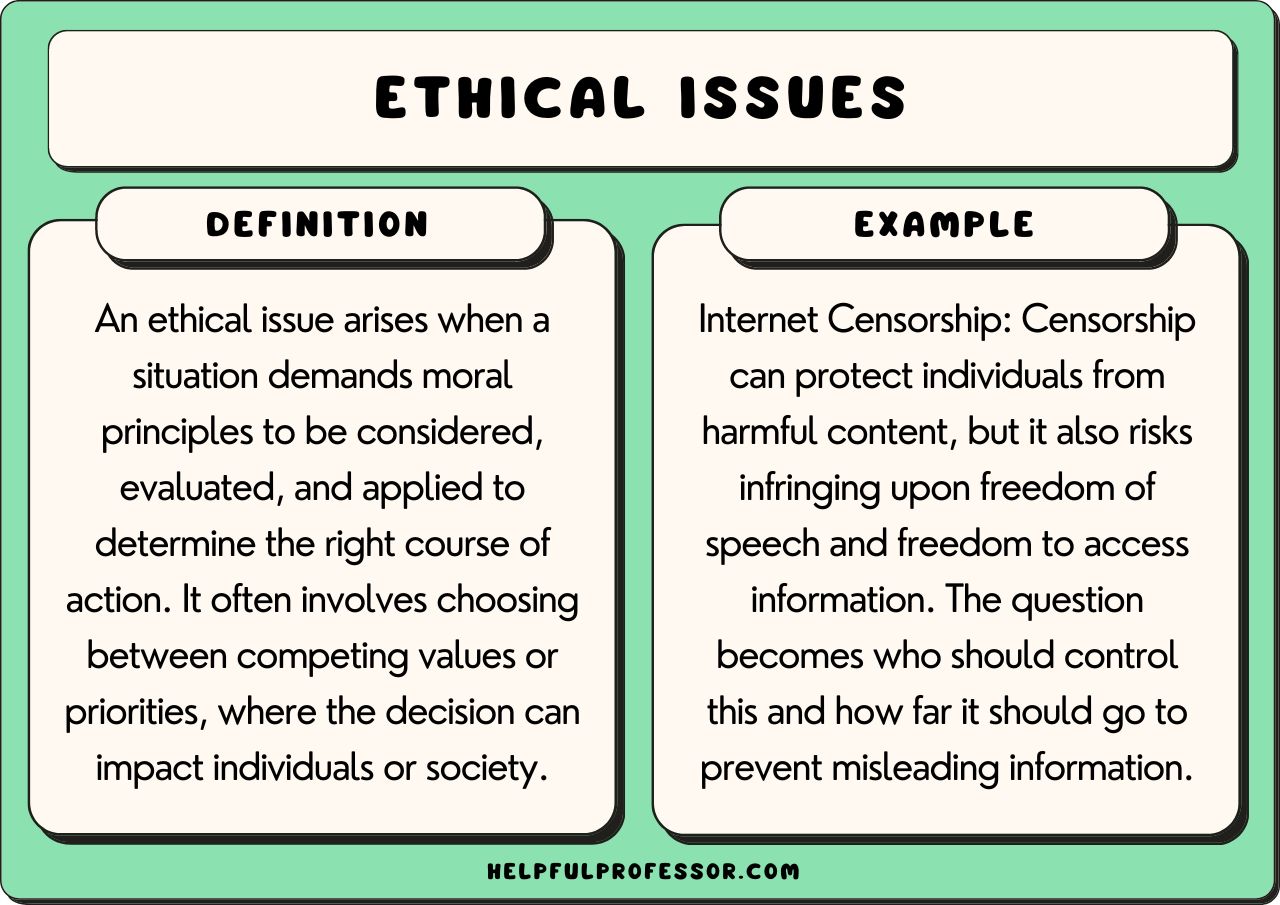
The business world, a landscape often painted with ambition and profit margins, is increasingly scrutinized for its ethical compass. From boardrooms to factories, ethical dilemmas are pervasive, impacting not only a company's reputation but also the well-being of stakeholders and the very fabric of society. The rising awareness of these issues demands a closer look at the myriad ways ethical lapses manifest in the modern business environment.
At the heart of business ethics lie the moral principles and values that guide conduct within a commercial context. This article examines several key examples of ethical issues, drawing on real-world cases and insights from industry experts. The goal is to provide a comprehensive understanding of the challenges and potential solutions in navigating the complex ethical terrain of the contemporary business world.
Financial Misconduct and Transparency
Financial reporting and accounting practices are fertile ground for ethical breaches. Misrepresenting financial data, whether through earnings manipulation or hiding liabilities, can mislead investors and stakeholders.
The 2001 Enron scandal serves as a stark reminder of the devastating consequences of fraudulent accounting. Enron's executives used complex accounting loopholes to hide billions of dollars in debt, ultimately leading to the company's collapse and significant financial losses for employees and shareholders.
Increased regulatory scrutiny and the Sarbanes-Oxley Act of 2002 were direct responses to such failures, aiming to enhance corporate governance and financial transparency.
Employee Relations and Fair Labor Practices
Ethical treatment of employees encompasses fair wages, safe working conditions, and equal opportunities. Discrimination, harassment, and unsafe environments pose significant ethical challenges.
Sweatshop labor, particularly in the garment industry, remains a persistent issue. Many multinational corporations face criticism for sourcing products from factories where workers are subjected to exploitative conditions, earning minimal wages and working long hours.
Organizations like the International Labour Organization (ILO) advocate for universal labor standards and provide guidance to companies seeking to improve their labor practices.
Environmental Responsibility and Sustainability
Businesses increasingly face pressure to minimize their environmental impact and embrace sustainable practices. Pollution, resource depletion, and climate change are critical ethical considerations.
The 2010 Deepwater Horizon oil spill, caused by BP's negligence, exemplified the devastating consequences of neglecting environmental safety. This disaster caused immense ecological damage to the Gulf of Mexico and resulted in significant economic losses.
Companies are now encouraged to adopt the principles of Environmental, Social, and Governance (ESG) investing, which emphasizes environmental stewardship, social responsibility, and good governance.
Data Privacy and Security
The digital age presents new ethical dilemmas related to data privacy and security. Companies collect vast amounts of personal information, raising concerns about how this data is used and protected.
Data breaches, like the 2013 Yahoo data breach that affected billions of users, highlight the vulnerability of personal data and the responsibility of companies to protect it.
Regulations like the General Data Protection Regulation (GDPR) aim to give individuals greater control over their personal data and hold companies accountable for data breaches.
Marketing and Advertising Ethics
Deceptive advertising, misleading claims, and targeting vulnerable populations raise ethical concerns in marketing. Companies must ensure their marketing practices are truthful and transparent.
The tobacco industry has faced extensive criticism for marketing practices that targeted young people, despite knowing the harmful effects of smoking.
"The moral of the story is that companies must be ethical."
Organizations like the Federal Trade Commission (FTC) play a crucial role in regulating advertising and protecting consumers from deceptive practices.
Conclusion
Ethical issues in business are multifaceted and constantly evolving. As societal expectations change and new technologies emerge, companies must proactively address these challenges.
Adopting a strong ethical framework, fostering a culture of integrity, and engaging with stakeholders are crucial steps toward building a more responsible and sustainable business environment. By prioritizing ethics, companies can build trust, enhance their reputation, and contribute to a more just and equitable society.
Ultimately, a commitment to ethical behavior is not just a matter of compliance but a fundamental requirement for long-term success and sustainability in the business world.
